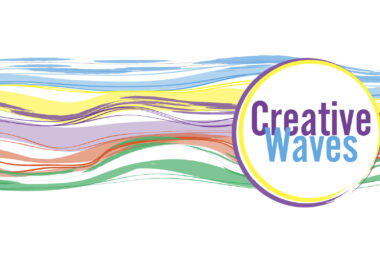Creative Waves – Baltic Sisterhood for Change
Intercult productions (as project leaders), Euroregion Baltic, Baltic Sea Culture Institute in Gdansk, Kaliningrad team of activists and Estonian Women’s Studies and Resource Centre ENUT present a new BSR project aiming at empowering representatives of most vulnerable groups, especially women,

